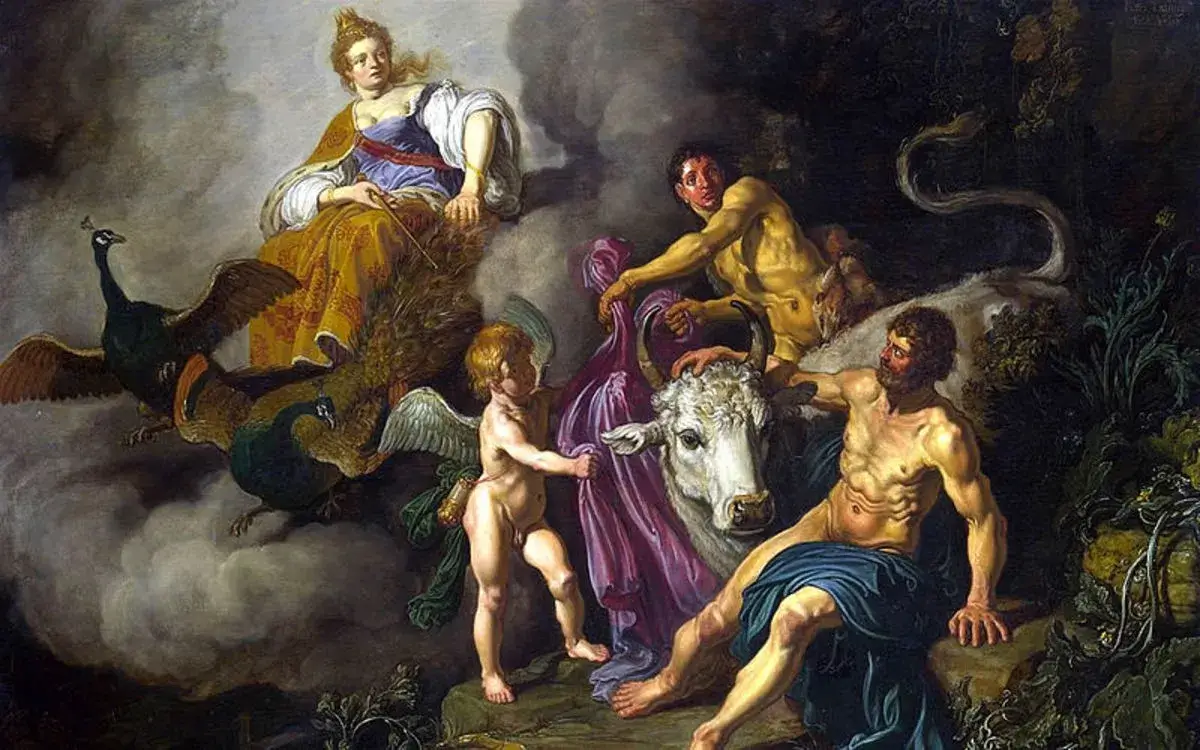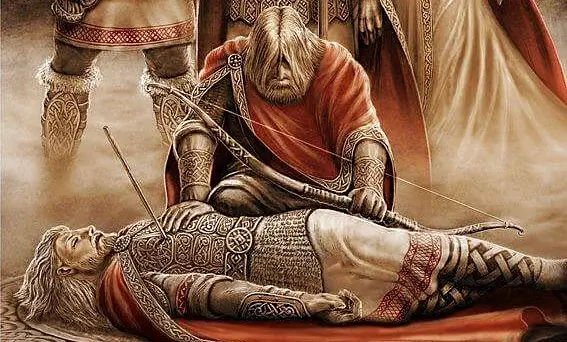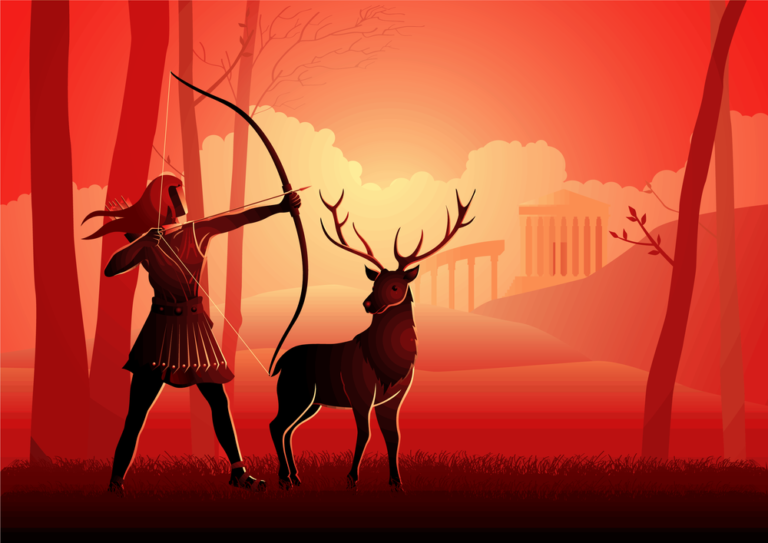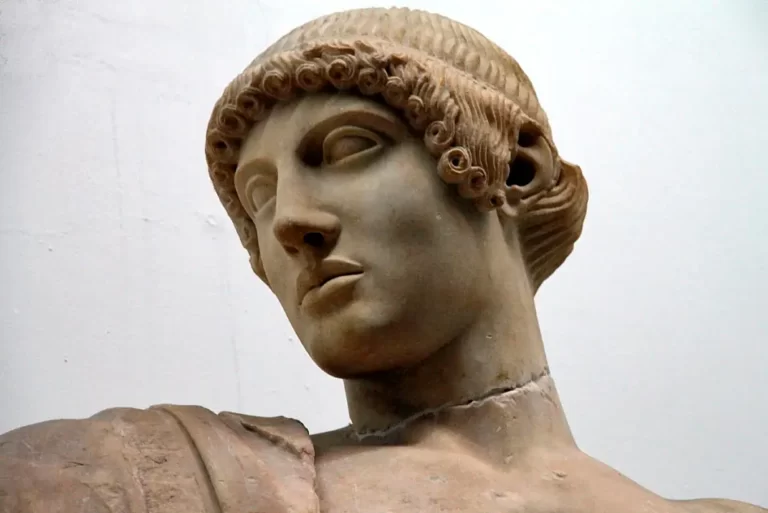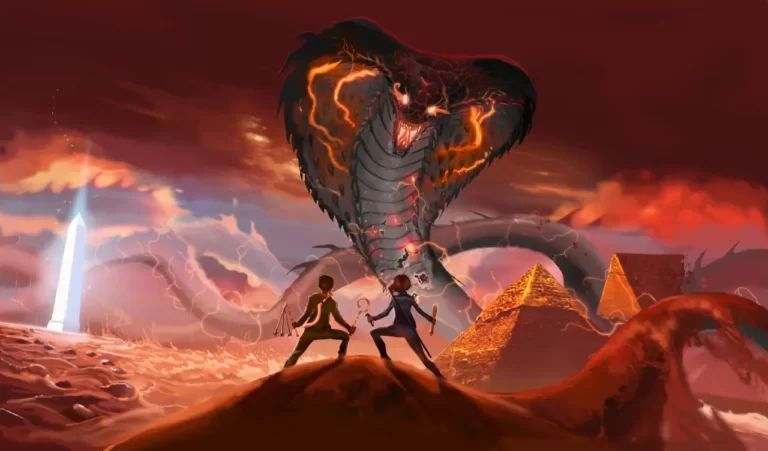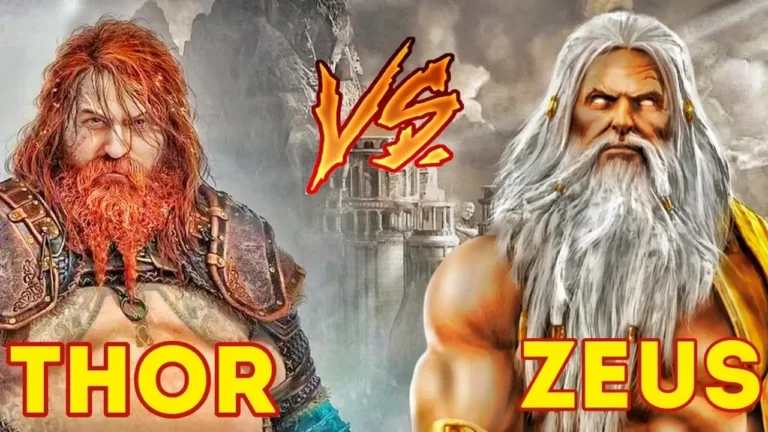Lovers of Zeus in Greek Mythology and their Stories
Are you a fan of Greek Mythology? Do you want to know more about Zeus and the lovers who were by his side? If so, then this blog post is for you! We’ll be exploring some of the most famous lovers of Zeus in Greek mythology, and their compelling stories. Get ready to be captivated by these tales of love, loyalty, and betrayal!
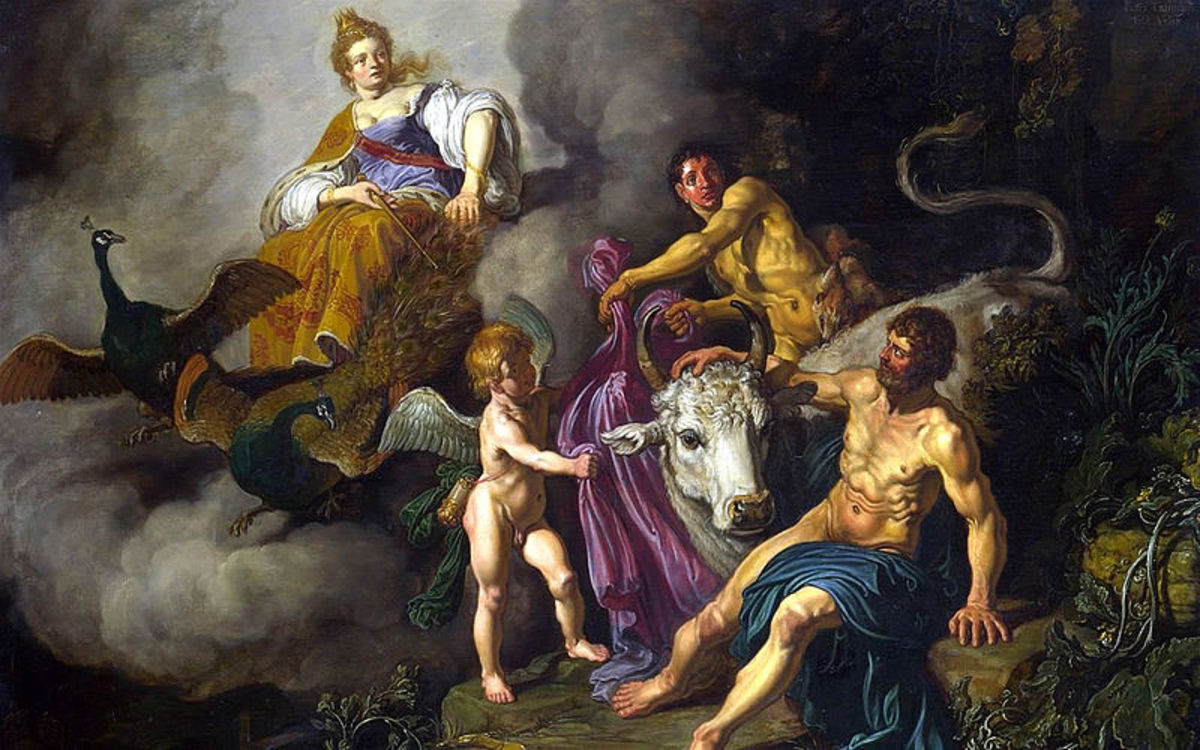
Hera: Queen of the Olympian Gods
Hera was the Greek goddess of family and marriage and the queen of the Olympian gods. She was the daughter of Cronus and Rhea, sister and wife of Zeus, and a central figure in ancient Greek religion. Hera represented the ideal woman, and her marriage to Zeus was an example to young couples. However, she also had a vengeful side when it came to dealing with Zeus’s many lovers. She flew into jealous rages against them, as well as his children by them. Despite her temperamental nature, Hera is still revered as an important figure in Greek mythology who embodies strength, loyalty, and devotion – qualities that make her an admirable goddess even today.
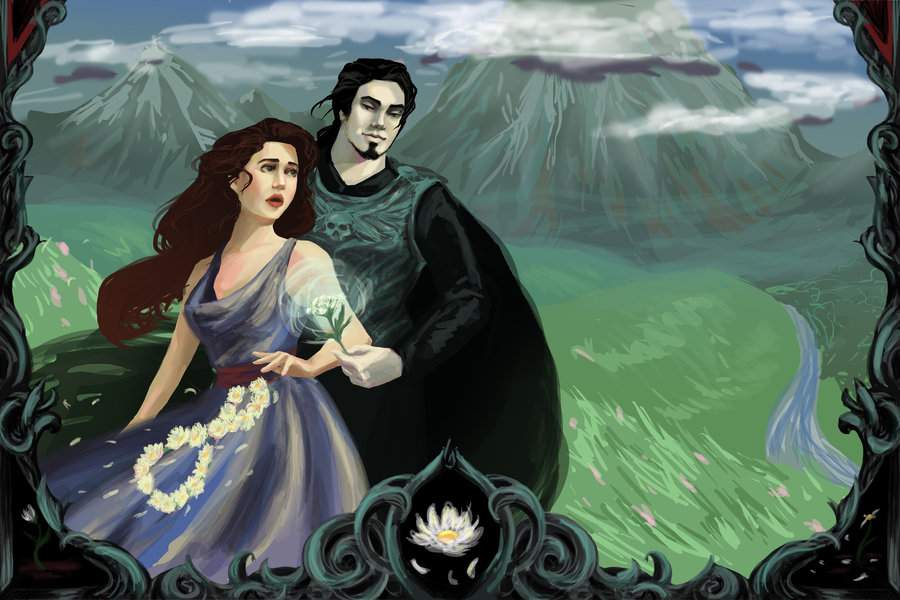
Demeter: Goddess of the Harvest
Demeter is the Greek goddess of the harvest, grain, and fertility. She is a part of the Twelve Olympian gods who live on Mount Olympus. Because of her role as the goddess of the harvest, she was very important to farmers and peasant people in Ancient Greece.
In Greek religion and mythology, Demeter is associated with agriculture, law and order, and motherhood. She is the daughter of Cronus and Rhea – two other deities in Ancient Greek religion – as well as the sister and consort of Zeus (the king of the gods). Her divine roles include presiding over crops, grains, food production, law, and order in nature.
The story between Demeter and Zeus resulted in the birth of their daughter Persephone – or Proserpina in Roman mythology – which caused seasons through love. A mother’s love for her daughter was so strong that she caused winter when Persephone was taken away by Hades (the god of death) to be his wife. As a result, Demeter made spring come again when her daughter returned from Hades’ realm.
Through this deep connection between Demeter and Persephone, it symbolized how nature changed throughout each season due to a mother’s love for her
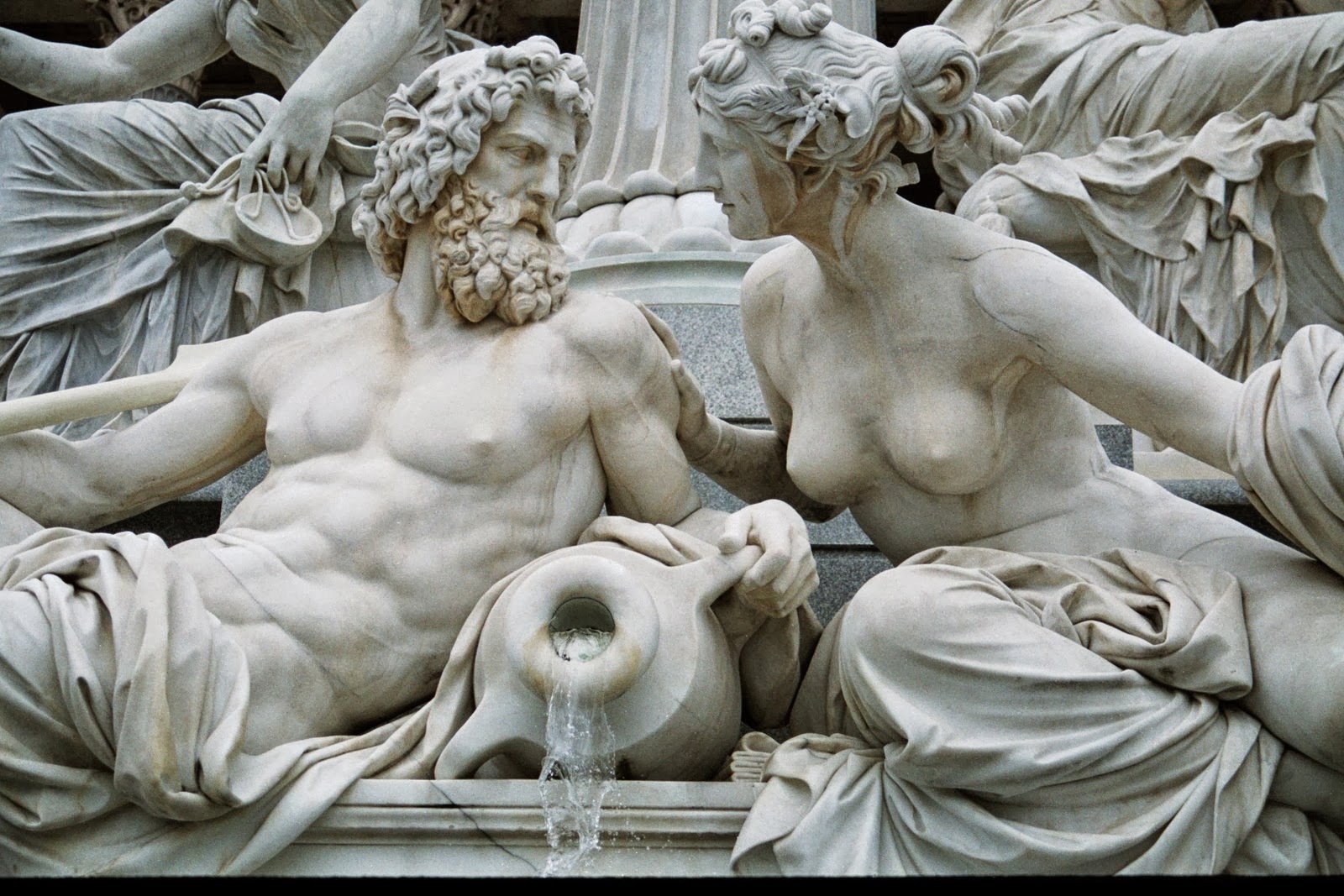
Leto: Mother of Apollo and Artemis
Leto was a Titan goddess in Greek mythology, the daughter of Coeus and Phoebe. She was an early and favored lover of Zeus, the King of the Gods. Leto became pregnant with twins, Apollo and Artemis, both of whom were considered amongst the most powerful gods in Greek Mythology. To escape Hera’s wrath for her infidelity to Zeus, Leto had to flee across the world until finally finding solace on the island of Delos to give birth to her children. As a mother to Apollo and Artemis, Leto is remembered as a devoted parent who loves her children dearly. She is also often portrayed as a compassionate goddess who helps those in need.

Aphrodite: Goddess of Love and Beauty
Aphrodite is the ancient Greek goddess of love, beauty, desire, and all aspects of sexuality. She is considered one of the most important gods in Greek mythology, as she is associated with passion, pleasure, and romance. Aphrodite is depicted as a beautiful woman who can entice both gods and mortals alike. According to one myth, Aphrodite was born when the Titan Cronus castrated his father Uranus and his blood fell into the sea. From this arose a beautiful goddess who was both powerful and gentle.
Aphrodite is also known for being involved in many affairs with gods and mortals alike. She often acted as a matchmaker between couples or would even fall in love with some of her admirers. Many stories tell of her involvement in these affairs, but ultimately it was Zeus who decided that she should take part in them too.
The power of Aphrodite has been praised for thousands of years for its ability to bring joy and happiness to those who seek it out. Even today we still draw inspiration from her story as we celebrate love and beauty all around us.
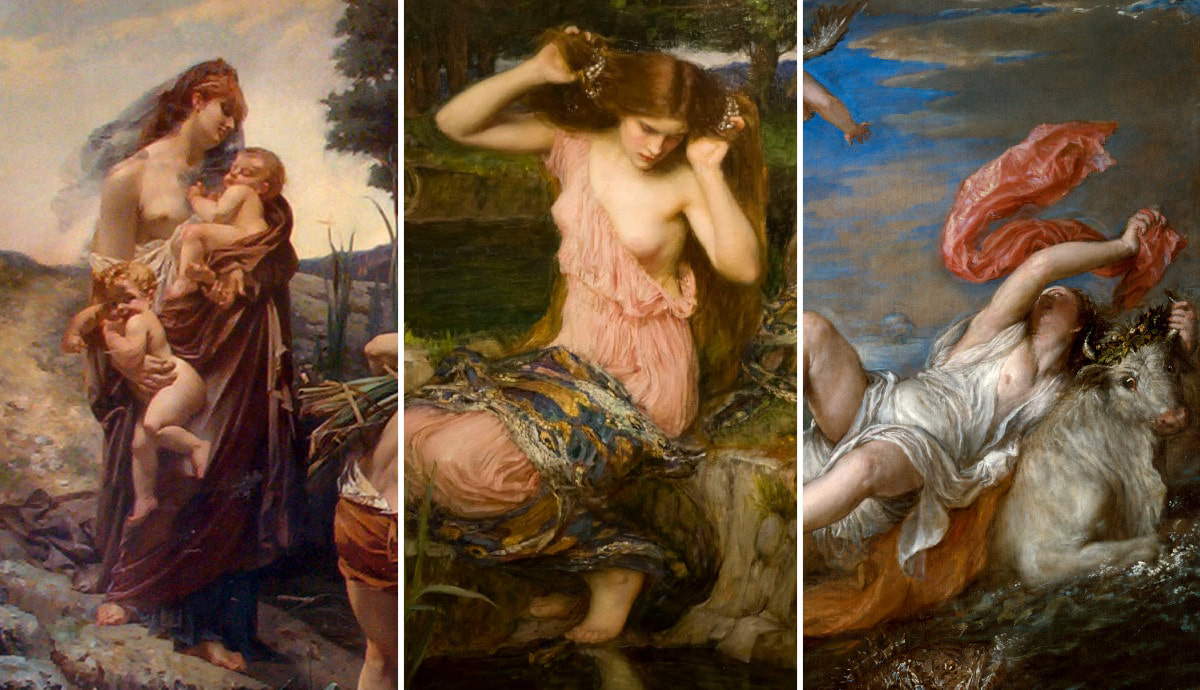
Semele: The Tragic Story of Zeus’ Mortal Lover
Semele was a Theban princess loved by the god Zeus. She was the only mortal to be the mother of a god and one of many lovers of Zeus in Greek mythology. Unfortunately, her story ended tragically when his wife Hera discovered their affair and tricked Semele into asking Zeus to reveal himself in all his glory. This resulted in Semele being burned alive by a thunderbolt from Zeus, although afterward, he rescued their unborn son Dionysus, who would become the god of wine. Despite its tragic ending, Semele’s story is an important part of Greek mythology and serves as an example of how powerful love can be – even between mortals and gods.
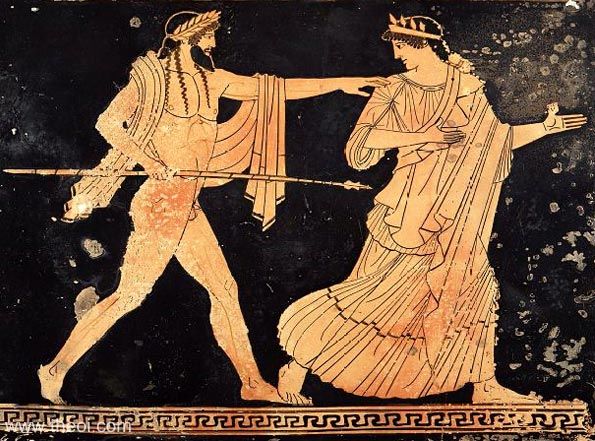
Io: A Nymph Transformed into a Heifer by Zeus
Io was a nymph in Greek mythology who was loved by Zeus. To protect her from his wife Hera, Zeus transformed Io into a heifer. Despite this transformation, Hera still managed to discover the truth and sent a gadfly to torment Io. In her travels, Io eventually reached Egypt where she regained her human form and gave birth to Epaphus, who would later become the ancestor of many heroes and kings such as Perseus. The story of Zeus and Io serves as an example of how love can triumph over obstacles, no matter how insurmountable they may appear.

Europa: The Phoenician Princess Abducted by Zeus
Europa was a beautiful Phoenician princess who, according to Greek mythology, was abducted by Zeus. The king of the gods fell in love with her and wanted to make her his own. To do so, he transformed himself into a white bull and carried her away from Phoenicia to Crete. There, Zeus resumed his human form and mated with Europa, resulting in the birth of three sons – Minos, Rhadamanthus, and Sarpedon. This myth is significant as it is from where Europe gets its name; an homage to the beautiful princess who inspired Zeus’ love.
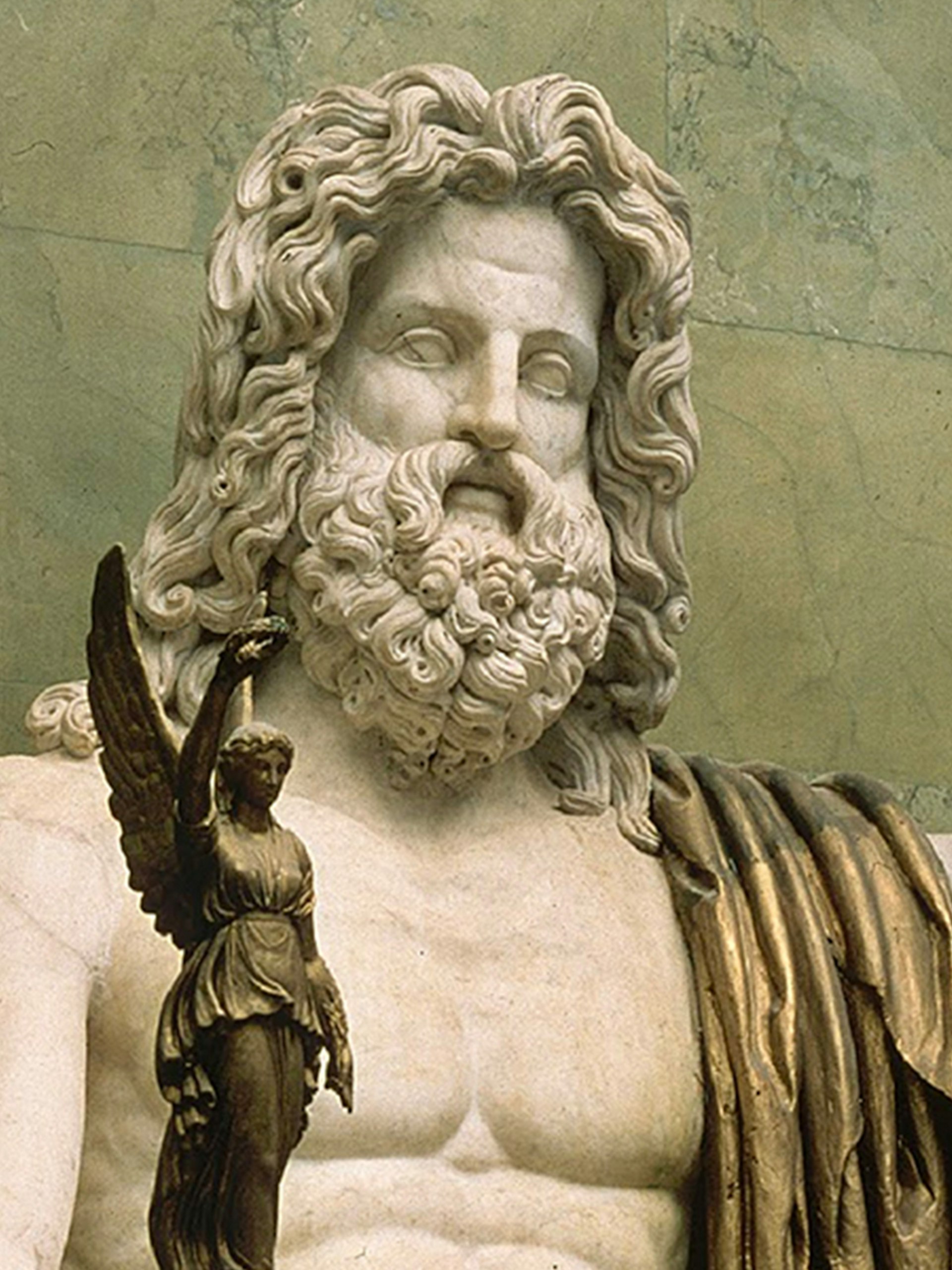
Alcmene: The Mortal Woman Who Bore Heracles to Zeus
Alcmene was a beautiful mortal woman from Thebes in Boiotia. She was the granddaughter of Perseus and Andromeda, and the wife of Amphitryon. One night, while Amphitryon was away, Zeus disguised himself as him and seduced Alcmene. This union resulted in the birth of twins: Heracles by Zeus, and Iphicles by Amphitryon. As a result of this affair, Hera had an immense amount of anger towards Alcmene for what she saw as her husband’s infidelity. Nevertheless, Heracles went on to become one of the most famous Greek heroes known for his strength and courage. He was even eventually immortalized as a part god – his father being none other than Zeus himself! Alcmene’s story serves as a reminder that even mortals can make a tremendous impact on history; her descendants have gone down in mythology for centuries!

Callisto and Arcas: The Bear Transformation Mythology
Callisto and Arcas are two characters from Greek mythology with a very special story. Callisto was the daughter of King Lycaon and a nymph, while Arcas was her son. According to the myth, Zeus became enamored with Callisto and pursued her, resulting in the birth of her son Arcas. In an act of jealous rage, Hera transformed Callisto into a bear and sought to do the same to Arcas. Zeus then transformed both mother and son into constellations – Ursa Major (Great Bear) for Callisto, and Ursa Minor (Little Bear) for Arcas – so that they could be together in the night sky forever. The constellation bears also have a creation story associated with them; Artemis Kalliste is said to have been originally a virgin goddess and the bear metamorphosis was necessarily part of her original myth. Today, this story lives on in modern times through organizations such as CALLISTO (Conservation Alliance Linking Leaders In Our Schools), which aims to protect wildlife habitats around the world while educating young people about conservation efforts.

Dione and Anchinoos: A Tale That Unites Two Families
Dione and Anchinoos were two star-crossed lovers from ancient Greek mythology. Their story starts with the wedding of King Peleus and the goddess Thetis, which was attended by all the gods of Olympus. During the festivities, Zeus noticed the beauty of Dione, daughter of Oceanus, and became deeply enamored by her.
The god then arranged for Anchinoos, son of Achelous and grandson of Poseidon, to be sent to her as a suitor. Both Dione and Anchinoos quickly fell in love with each other at first sight. But their love was not meant to be as Dione’s father opposed the union due to fear that his daughter would be taken away from him forever.
So Zeus decided to intervene again and proposed a deal: If Anchinoos could prove himself worthy by winning a chariot race against Peleus’ sons he would allow them to marry. After much preparation and dedication, Anchinoos won the race securing his right to marry Dione thus uniting the two families in matrimony.
The couple eventually had three children together: Polycaste, Arsinoe, and Oenone who would go
Maia, Hermes’ Mother: The Birth Of An Olympian God
Maia, the daughter of Atlas and Pleione the Oceanid, was a Pleiad nymph in Greek mythology. According to Greek mythology, Maia became a lover of Zeus, the king of gods, who seduced her in the guise of a shepherd. After spending nine nights with him, she gave birth to one of the major Olympian gods – Hermes.
Hermes was not born as an ordinary child and soon earned quite a reputation among the gods. He was known for his quick-thinking and cunningness which enabled him to move swiftly between the world of man and gods.
The story of Maia is an important part of Greek mythology as it shows that even those with divine powers can fall prey to temptation and begrudgingly accept their fate. It also serves as an example of how even seemingly insignificant people can create powerful legacies that will last throughout generations.
Mnemosyne: Goddess Of Memory And Mother To The Nine Muses
Mnemosyne, a Titaness in Greek mythology, was the goddess of memory and mother of the nine Muses. She was the daughter of Gaea (Earth) and Uranus (Heaven), and according to Hesiod’s Theogony, she was also the mother to many other gods and goddesses. Mnemosyne is said to have been seduced by Zeus, father of all the gods, and created nine Muses from their union. Memory was especially fitting as her domain since she was the mother of those who inspired mankind with creativity and imagination. As a result, Mnemosyne has become associated with stories, myths, wisdom, and knowledge. Her name has become synonymous with remembering past events or ideas for future reference. Today, Mnemosyne is remembered as the Titaness who brought knowledge to mankind through her daughters’ creativity.

Persephone: How Hades
Persephone, the daughter of Zeus and Demeter, was a beautiful young woman who lived on Earth picking flowers. One day, Hades, the god of the Underworld fell in love with her and decided to kidnap her to become his wife and queen of the Underworld. Despite her protests, Hades took Persephone away from her family and brought her to his kingdom beneath the ground. Though she was unhappy about being taken away from home, Zeus had given his blessing to their union so Persephone accepted it. From then on she was known as the Queen of the Underworld, ruling over its subjects alongside Hades.
